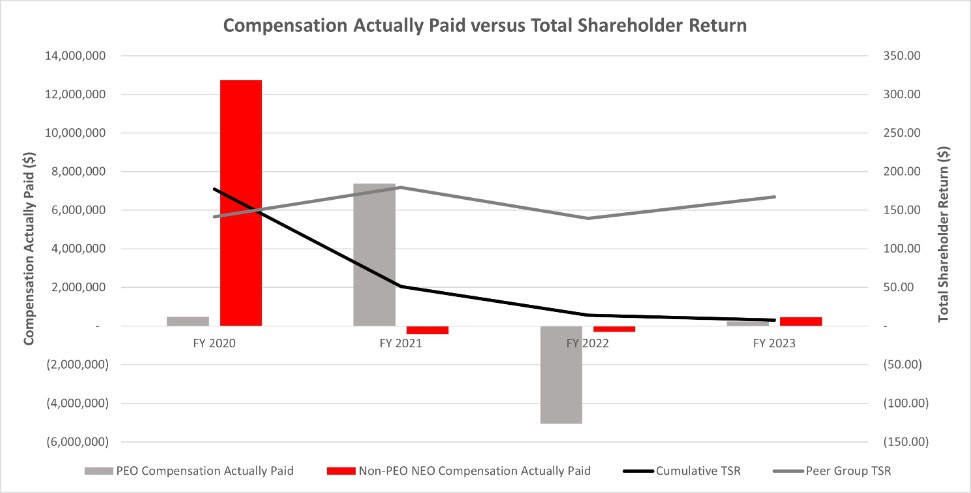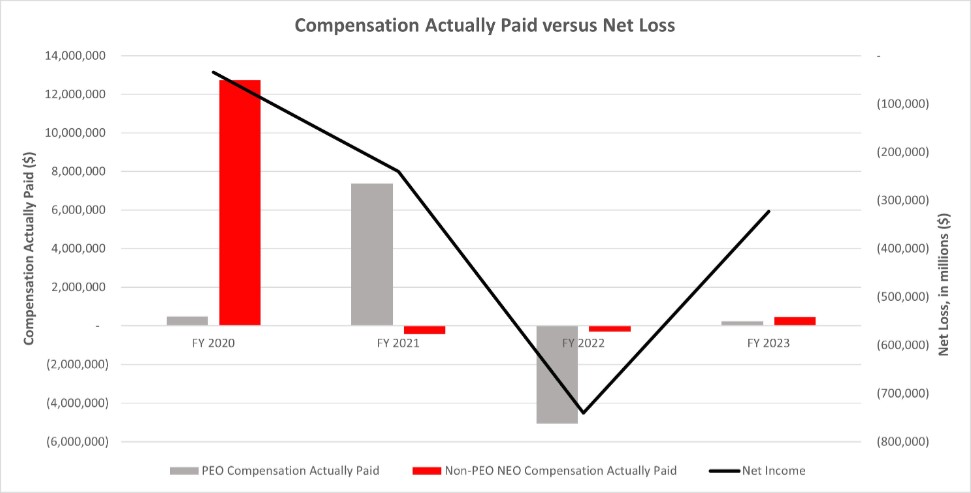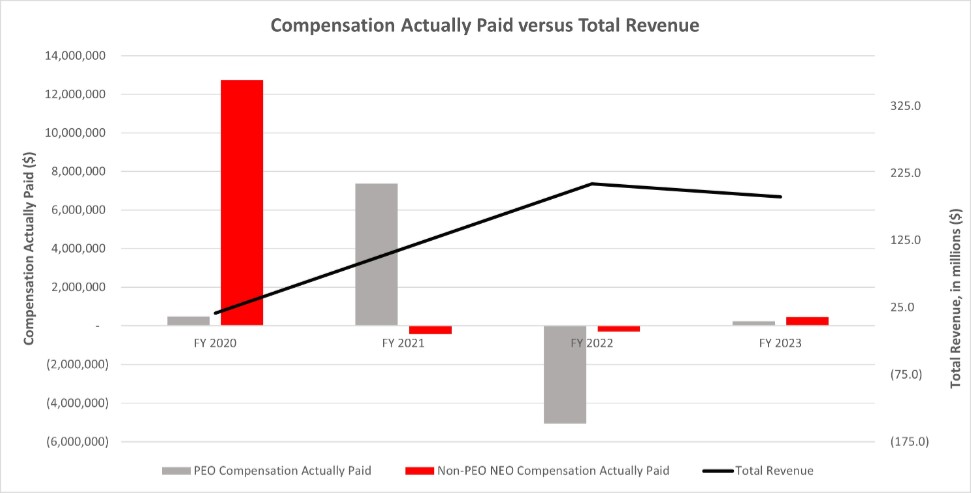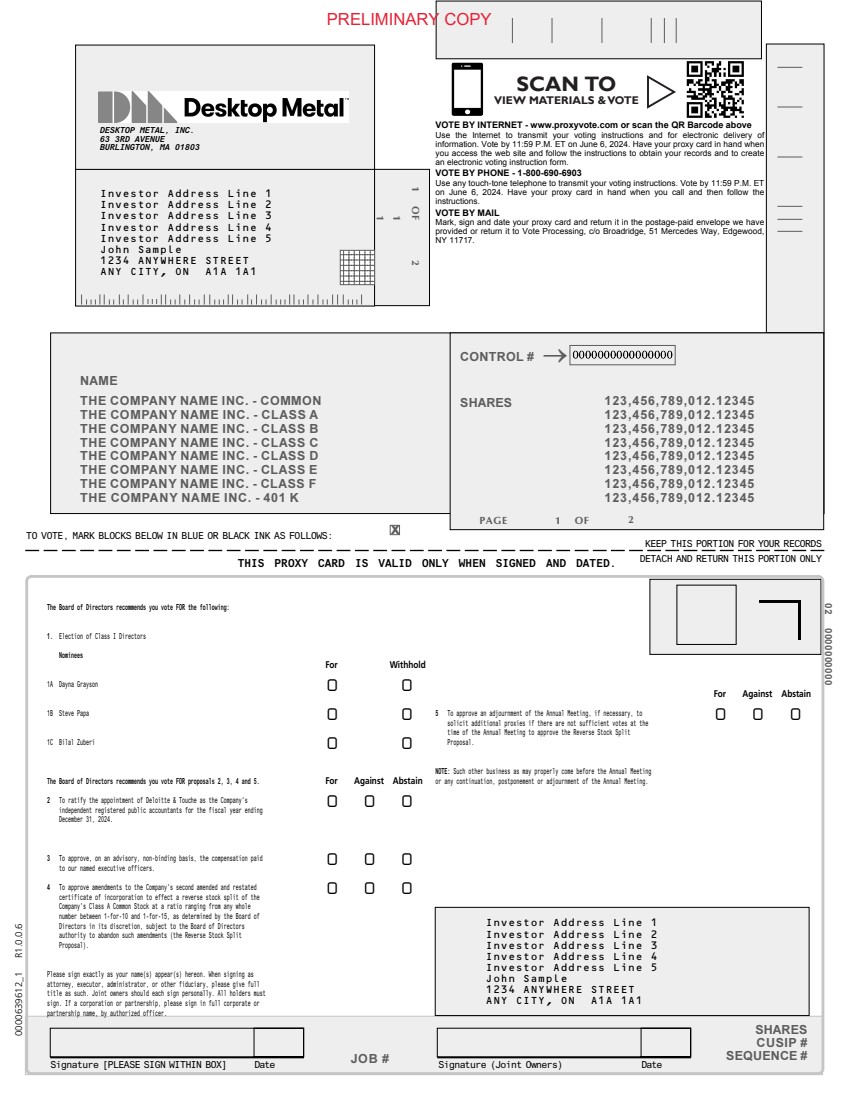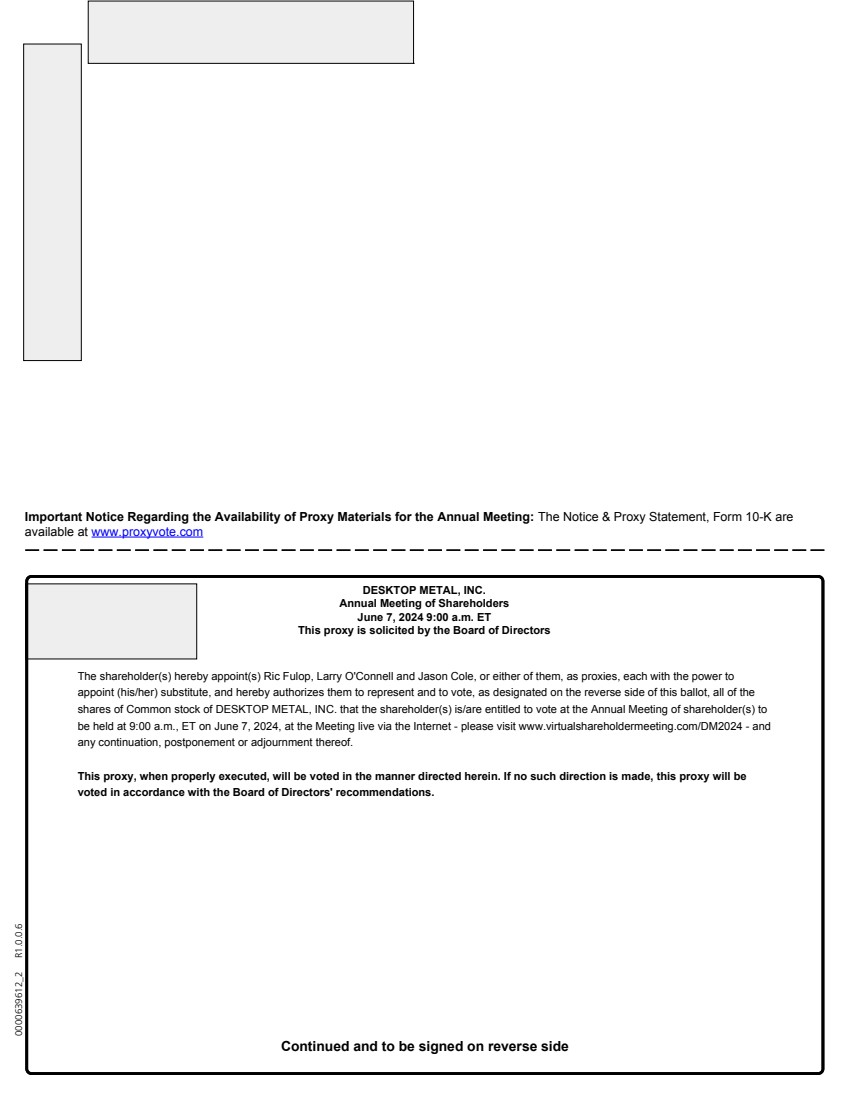
DESKTOP METAL, INC.
63 3rd Avenue, Burlington, MA 01803
NOTICE OF ANNUAL MEETING OF STOCKHOLDERS
TO BE HELD FRIDAY, JUNE 7, 2024
The Annual Meeting of Stockholders (the “Annual Meeting”) of Desktop Metal, Inc. Inc., a Delaware corporation (the “Company”), will be held at 9:00 a.m. Eastern time on Friday, June 7, 2024. The Annual Meeting will be a completely virtual meeting, which will be conducted via live webcast. You will be able to attend the Annual Meeting online and submit your questions during the meeting by visiting www.virtualshareholdermeeting.com/DM2024 and entering your 16-digit control number included in your Notice of Internet Availability of Proxy Materials, on your proxy card or on the instructions that accompanied your proxy materials. The Annual Meeting will be held for the following purposes:
| 1. | To elect Dayna Grayson, Steve Papa, and Bilal Zuberi as Class I directors to serve until the 2027 Annual Meeting of Stockholders, and until their respective successors shall have been duly elected and qualified; |
| 2. | To ratify the appointment of Deloitte & Touche LLP as our independent registered public accounting firm for the fiscal year ending December 31, 2024; |
| 3. | To approve, on an advisory, non-binding basis, the compensation paid to our named executive officers; |
| 4. | To approve amendments to our second amended and restated certificate of incorporation to effect a reverse stock split of our Class A Common Stock at a ratio ranging from any whole number between 1-for-10 and 1-for-15, as determined by the Board of Directors in its discretion, subject to the Board of Directors’ authority to abandon such amendments (the “Reverse Stock Split Proposal”); |
| 5. | To approve an adjournment of the Annual Meeting, if necessary, to solicit additional proxies if there are not sufficient votes at the time of the Annual Meeting to approve the Reverse Stock Split Proposal (the “Adjournment Proposal”); and |
| 6. | To transact such other business as may properly come before the Annual Meeting or any continuation, postponement, or adjournment of the Annual Meeting. |
Holders of record of our common stock as of the close of business on April 10, 2024 are entitled to notice of and to vote at the Annual Meeting, or any continuation, postponement or adjournment of the Annual Meeting. A complete list of such stockholders will be open to the examination of any stockholder for a period of ten days prior to the Annual Meeting for a purpose germane to the meeting by sending an email to investors@desktopmetal.com, stating the purpose of the request and providing proof of ownership of Company stock. The list of these stockholders will also be available on the bottom of your screen during the Annual Meeting after entering the 16-digit control number included on your Notice of Internet Availability of Proxy Materials, on your proxy card or on the instructions that accompanied your proxy materials. The Annual Meeting may be continued or adjourned from time to time without notice other than by announcement at the Annual Meeting.
i
